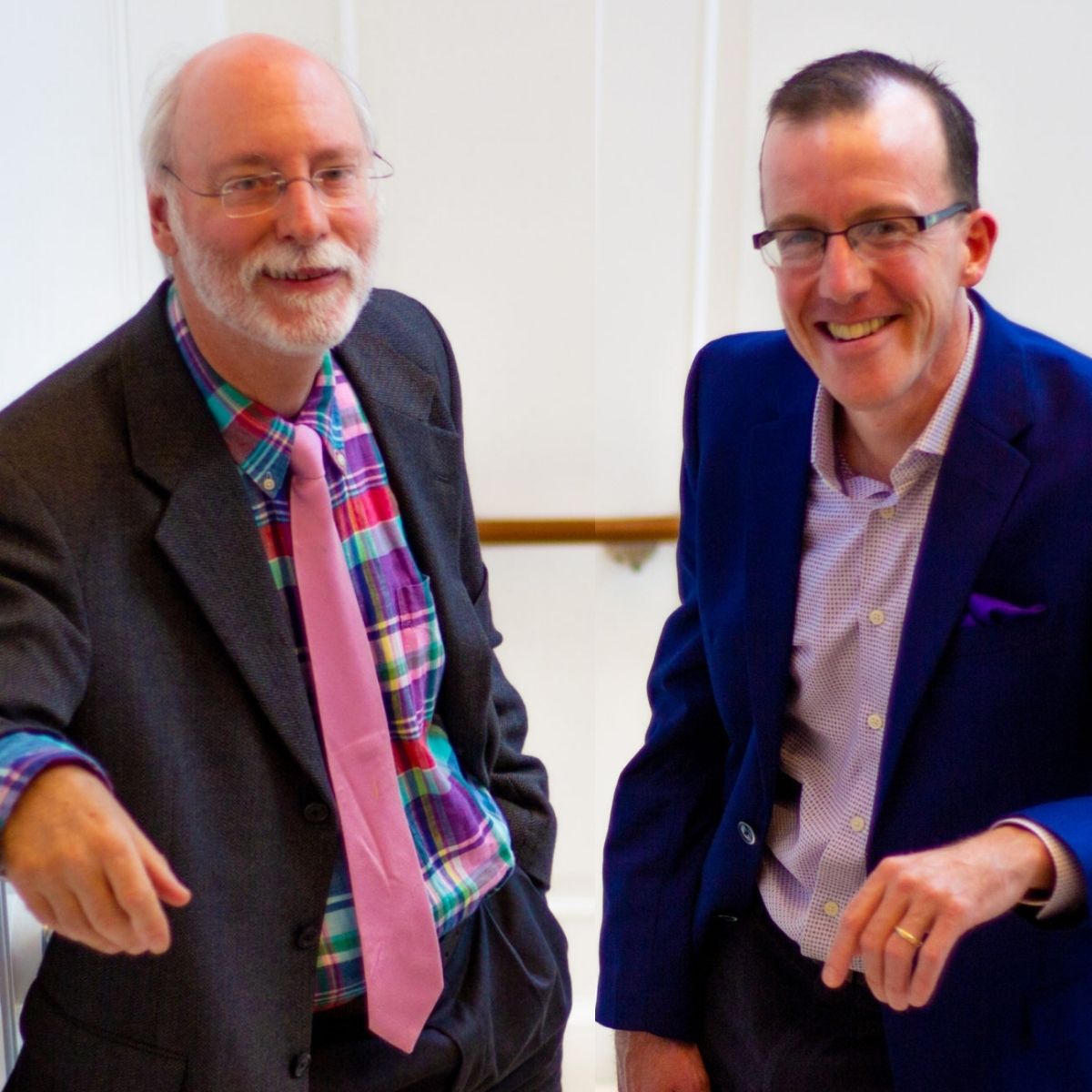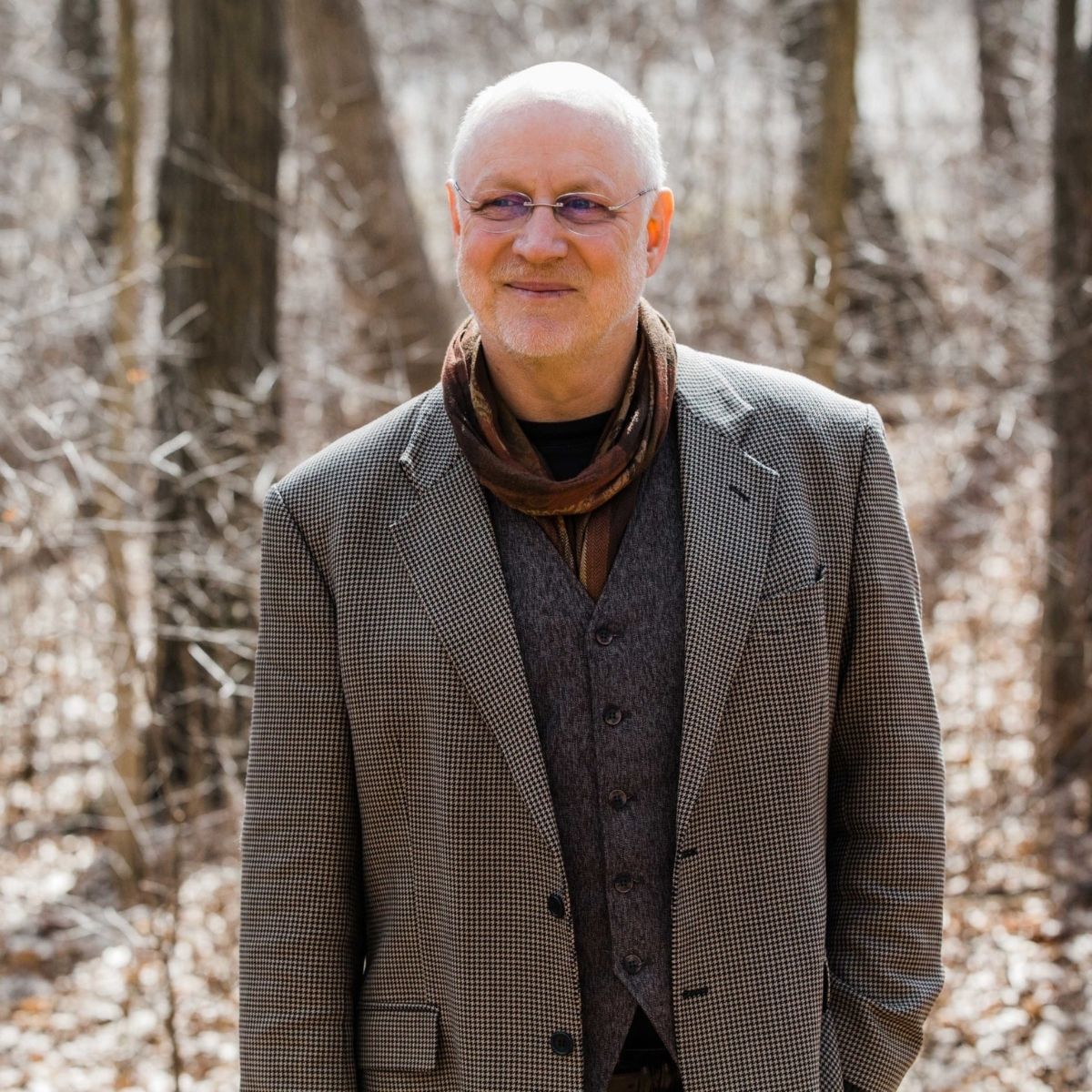
So you have committed to breastfeeding. You are embracing the physical and psychological benefits for your baby that honor their emotional and nutritional needs. But for how long? As with so many aspects of motherhood, I encourage you to look to your child and trust in their wisdom.
Natural Progression
We are genetically programed to thrive on Mama’s milk. And this truth extends beyond the 12-months mark. Most mothers who breastfeed for a period of years don’t set out specifically to do so. They celebrate their child’s first birthday, and the next morning, when that beautifully innocent and perfect face lovingly nuzzles into their chest with trust and peace and joy, it just doesn’t make sense that it was good yesterday but now, somehow, bad today. A little research later, they are able to continue their breastfeeding relationship confident that it does continue to be mutually beneficial until the child naturally weans.
Evolution
“Full-term” breastfeeding is referred to as such because it means to breastfeed your child for the full duration, as is natural and healthy for our species. While the age at which any individual child initiates weaning from the breast can vary widely, the species average is about 4. Think about it; children lose their baby teeth, or “milk teeth,” at around the age of 6 (age at which they get their first adult molar, which is the point at which primates naturally wean),57 and a child’s immune system is not fully formed until around the age of 6 (the mother’s immune system provides the needed antibodies prior to this milestone).58 Did I just lose you? Don’t jump the train! Full-term breastfeeding is not about any sensationalized image that may have just come into your head. It is simply about continuing to breastfeed for as long as feels right for you and your child (not prematurely severing the breastfeeding relationship based on an arbitrary date or milestone), accepting that the health benefits to doing so continue beyond infancy.
Official Recommendations
The World Health Organization (WHO) officially recommends, “Exclusive breastfeeding . . . up to 6 months of age, with continued breastfeeding along with appropriate complementary foods up to two years of age or beyond.”2 The American Academy of Pediatrics (AAP) recommends, “ . . . exclusive breastfeeding for about the first six months of a baby’s life, followed by breastfeeding in combination with the introduction of complementary foods until at least 12 months of age, and continuation of breastfeeding for as long as mutually desired by mother and baby.”3
Physical Benefits
Both of these policy statements on duration of breastfeeding use language that acknowledges the continued benefit of breastfeeding beyond infancy, for as long as is mutually desired. “Breastmilk is, after all, milk. Even after six months, it still contains protein, fat, and other nutritionally important and appropriate elements which babies and children need. Breastmilk still contains immunologic factors that help protect the child even if he is 2 or older. In fact, some immune factors in breastmilk that protect the baby against infection are present in greater amounts in the second year of life than in the first. This is, of course as it should be, since children older than a year are generally exposed to more infections than young babies. Breastmilk still contains special growth factors that help the immune system to mature, and which help the brain, gut, and other organs to develop and mature.”4
Psychological Benefits
The psychological benefit of the continuation of the breastfeeding relationship until the child steps away is priceless. Breastfeeding is so much more to a child than a source of perfect nutrition. Feeding at the breast fills their entire being. A 2-year-old who awoke from a bad dream is instantly comforted back into security with some nighttime nursing. Breastfeeding a child doesn’t take away from—it adds to. It does not inhibit independence. Independence is not taught—it blooms. Allowing your child to fill up their belly and their love cup until satiated is a gift that can yield returns in the form of a content, secure, heart-full child. Having the healing comfort of breastmilk for your fevered child can make all the difference for you both. It can add to what you have to offer your child without becoming a burden.
Benefits for Mother
Full-term breastfeeding also has direct physical benefits for you. One of my favorite benefits is the delayed return of Aunt Flow. My period did not return after my third child until 26 months postpartum (Score!). This also means that breastfeeding acts as a form of birth control. If you are ecologically breastfeeding (breastfeeding in the fashion described in this book, utilizing tenets such as breastfeeding on cue, night nursing, no supplemental sucking, etc.), then your body recognizes that your baby’s level of need is still too high to allow for a sibling. Brilliant, right?! Of course, I don’t want to be responsible for any unplanned pregnancies, so I do have to caution you that you can ovulate before you see the return of your period. The literature tells us that for the first 6 months postpartum, if you are ecologically breastfeeding, “ . . . the chances of pregnancy are less than two percent, making it a more reliable birth-spacing method than a condom or a diaphragm.”60 (Though, admittedly, I wouldn’t let my husband even wink in my general direction without another form of birth control!)
But my favorite physical benefit for Mom has to be the significantly reduced risk for breast cancer. A Yale study found that breastfeeding for 2 years reduced the risk by 50%62 while a meta analysis found that the risk was reduced for each month of breastfeeding.61 So for every month I give my growing little one this powerful gift for his health, I am also giving to myself.
Fertility
If you have embraced full-term breastfeeding and wish to add to your brood, you can coax the return of your menstrual cycle by dialing back the nursing sessions. Some women wonder if breastfeeding while pregnant is possible or advisable. You can stay calm and breastfeed on confidently with the knowledge that there is no evidence that suggests that it is unsafe or unhealthy to breastfeed while pregnant.59 That said, it is always a good idea to discuss any concerns you might have with your health care provider, particularly if you have a history of preterm labor (as there is a relationship between nipple stimulation and contractions). Many women report an agitated feeling while breastfeeding during pregnancy that is due to the fact that your nipples are extra sensitive during the first trimester. In fact, many a mother has realized she is pregnant due to this phenomenon. By mid-pregnancy, the majority of women experience a significant drop in milk supply. For some little ones, this change leads to weaning. For those little ones who continue, you will likely be stepping into tandem nursing.
Tandem Nursing
Tandem nursing is the term for breastfeeding two children at the same time. One major benefit for Mom when adding a second nursling is that you don’t have any of the uncomfortable challenges associated with the early weeks of breastfeeding such as engorgement or sore nipples, since your breasts are already in full lactation mode. And since your supply will adjust to and meet the demand, there should be ample milky goodness for all your loves. Just be sure that your newborn gets first dibs, as your older child benefits from the nutritional complement of solid foods. I have found that this shared, special mommy real estate really enhances the bond between siblings.
Weaning
If you reach the point when you are ready for a child to wean before your child begins to taper interest, honor those feelings within yourself. Breastfeeding is a relationship, and any discomfort or resentment that could stem from ignoring those feelings within you will no longer be enhancing your relationship. Do a little soul-searching and uncover the root of your discomfort. If it is coming from somewhere outside you and your breastfeeding child, try not to let it taint something that is pure and good for all the parties that matter in this equation. If, after getting in touch with those feelings, you realize that you are ready to transition away from the breastfeeding relationship, consider using a gentle transition:
- Don’t offer, don’t refuse. Don’t present your child with the breast, but at the same time, allow for breastfeeding when requested.
- Avoid situations associated with breastfeeding. If you have spent the last three years rocking in the bedroom rocking chair with a quilt for nursing, don’t spend hours each day and night in that rocking chair, cuddled with that quilt, annoyed that your child wants to breastfeed.
- Shift your bedtime routine and build it around other attachment centered activities like cuddling in bed while reading stories, rubbing their back, etc.
- Keep busy. While at home, my toddler would spend most of his time cuddled up and attached to me. However, when out and about, adventuring in the world, he would easily go all day without even thinking about breastfeeding.
- Expect that your child may cling to a favorite feeding (like the last nursing session of the evening or the first one after waking) and that their appetite for breastfeeding will increase during times of pain, illness, or distress.
My first nursling weaned at a year. I continued to offer and was always intent on allowing his needs to guide our breastfeeding relationship. But right around his first birthday, he was done. Looking back, I can see many factors that contributed to his weaning such as his voracious appetite for food, his desire for stimulating activities, my absence while in grad school, my placement of a blanket over his head anytime he wanted to breastfeed in public (which was harder and more stressful for us both), not co-sleeping around this time period, and night weaning. I can look back and wonder how much of a role these factors and others played in his weaning process, but at the end of the day, I have to tell myself that I did the best I could with the information I had at the time and be proud of that gift of a year of on-cue breastfeeding (exclusively for the first 6 months) I lovingly gave my first baby.
I don’t regret one single second of the over three and a half years I spent breastfeeding my sweet Bay. Those days and nights cuddled together, him smiling around his latch, those big brown eyes gazing up at me, beaming pure happiness, were perfect. Perfect for him. Perfect for me. Perfect for us. The world could have crumbled around us and all he would have needed to insulate himself from any discontent would be to connect in this special way, his face resting on my chest. He really didn’t even eat much food before he was about 18 months old. As he matured, breastfeeding became his efficient means of filling up his love cup so he could bravely launch out into the world in independent exploration. Ten minutes of breastfeeding could fuel him for hours and hours of risk taking and new friend making. He breastfed while I was pregnant with his brother. We tandem nursed for a brief time in perfect harmony. I did feel a little alone sometimes, but I sought support from other full-term breastfeeders and was steadfast in my trust in his journey. We were both very happy and healthy, and that is what mattered. Eventually, he was only breastfeeding at bedtime and morning time. Then he was just cuddling his “night-night milks” at nighttime. Until one day we both realized he had weaned. The Hebrew word for wean translates as “to ripen.” My Mana, Bay, was ripe.
I will breastfeed my West full term. I will honor whatever that means for him. But I look forward to years of adventuring in the world with a nursling in the pouch. I will enjoy and appreciate every moment of connection that fulfills him so completely in this special way. And the day he walks over the threshold of our home as a man, I will smile, confident that I nourished his body and soul to the fullest.
Support
Only 16.4% of American mothers exclusively breastfeed for at least 6 months65 despite all the overwhelming evidence of the significant benefits to both Baby and Mother and the official recommendations of every official department or organization that makes recommendations on such matters. The normalization of breastfeeding is going a long way in shifting the tide by establishing an informal shared knowledge base and network of social support. But to truly see marked gains in women being able to meet their breastfeeding goals, significant changes need to be made on a larger scale. First, the US needs to comply with the WHO code prohibiting formula marketing, sampling, and physician bribery. Second, the US must have paid maternity leave (which is present in virtually all industrialized nations) so that women have enough time to anchor their breastfeeding relationship before returning to work. Third, health care providers need to be educated in breastfeeding. Presently, doctors receive virtually no education or training in the physiology of breastfeeding and treatment of any potential problems. Fourth, every state needs laws protecting a woman’s right to nurse in public, along with accompanying enforcement provisions, which would provide consequences for breastfeeding discrimination.67
Altogether
Breastfeeding for four weeks or four years is a gift. My hope for the world is that breastfeeding will be considered the normal, expected way to feed a child and our culture will reflect support of that ideal. My hope for you is that you are freed from any sense of taboo or weight of arbitrary deadlines to focus on what is there between you and your child; what continues to flourish when you breastfeed your child until they are body and heart full.
All references can be found inside the Sage Breastfeeding book, along with more delicious chapters like this one.



+ Comments
Join the discussion →
0